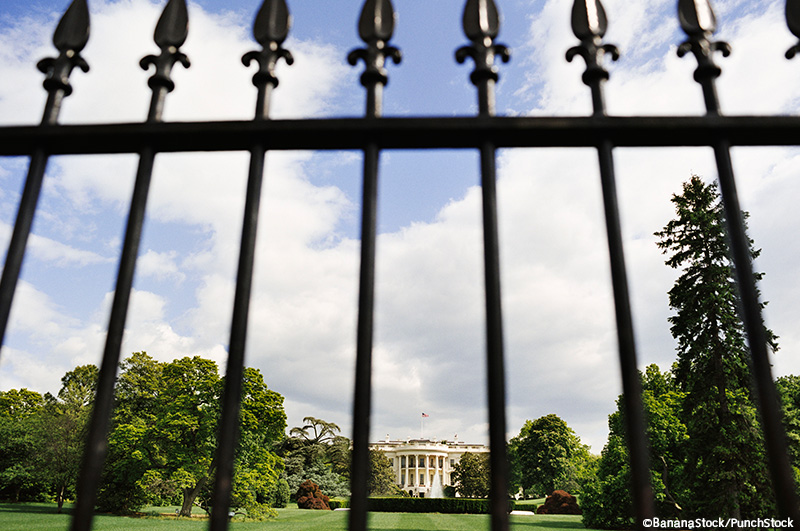Trump versus Mueller
Special counsel Robert Mueller is the man charged with investigating the issue of the Russian tampering in the 2016 presidential election. Now, his job just got harder, because of recent statements from the White House against him.
So What Happened?
Last week, President Trump called Mueller’s investigation a “witch hunt,” and hinted that Mueller and his team–some of whom have donated to Democratic campaigns in the past–are motivated by partisan politics rather than actual evidence. Then, the next day, White House deputy press secretary Sarah Sanders stressed again that the president has the right to fire the special counsel. Later that day, reports began to emerge that the president’s lawyers were trying to collect information that could be used against Mueller and his team.
Why Does It Matter?
While many Republicans supported the White House’s statements, saying that the public has the right to know the motivation of the people conducting the investigation, others found these statements to be a source of concern. What does this mean for the progress of the investigation?
Overall, most members of Congress–Republicans and Democrats alike–have praised Mueller for his non-partisan treatment of the investigation. Even Republican Speaker of the House Paul Ryan has defended Mueller’s neutrality, both as former FBI director for 12 years, and as current special counsel.
What’s Next?
For now, the investigation will continue as planned. Next week, Jared Kushner (Trump’s son-in-law) is scheduled to testify before the Senate Intelligence Committee. The day after that, Paul Manafort (Trump’s former campaign chairman) and Donald Trump Jr. will testify before the Senate Judiciary Committee.
As the investigation moves forward, other concerns have begun to rise to the surface as well. It was revealed last week that Trump’s lawyers are looking into the possibility of the president being able to pardon himself, as well as his aides and family members. The idea of a president being able to pardon him or herself of wrongdoing is troubling to many Americans across both political parties.
Meanwhile, the White House is attempting to do damage control by limiting the scope of Mueller’s investigation to focus strictly on Russia’s undermining of the 2016 election. On other words, they argue, issues such as the president’s past real estate dealings and tax returns should be considered out-of-bounds. Even so, as the investigation continues to unfold, President Trump and his White House team face greater scrutiny than ever.



